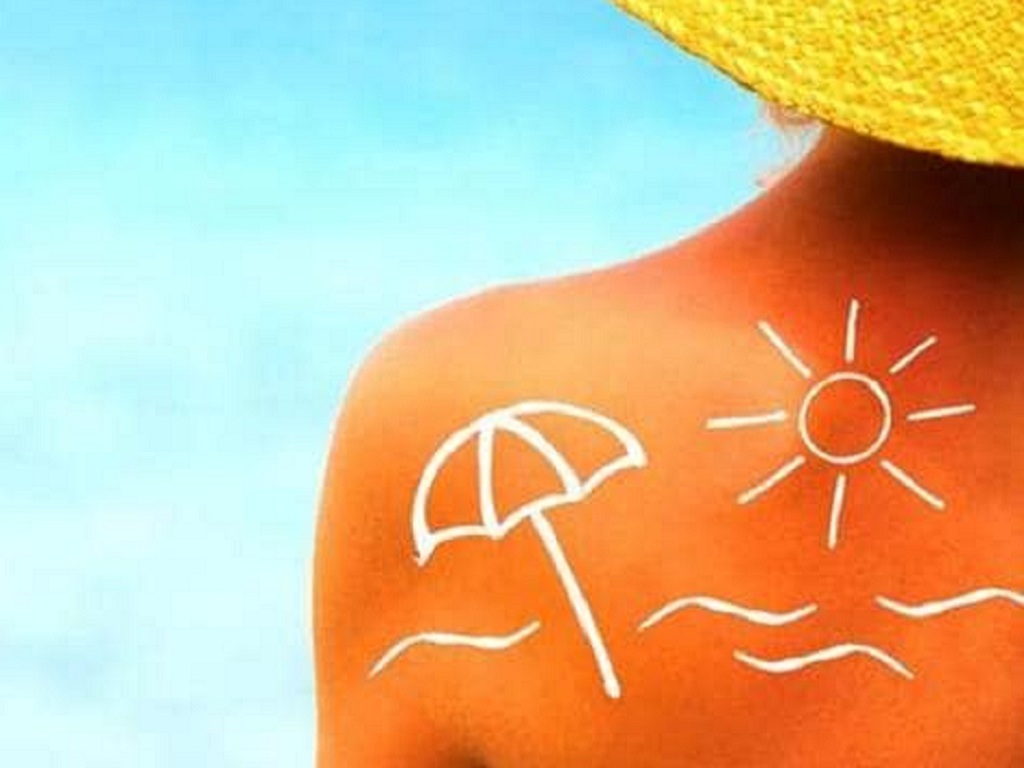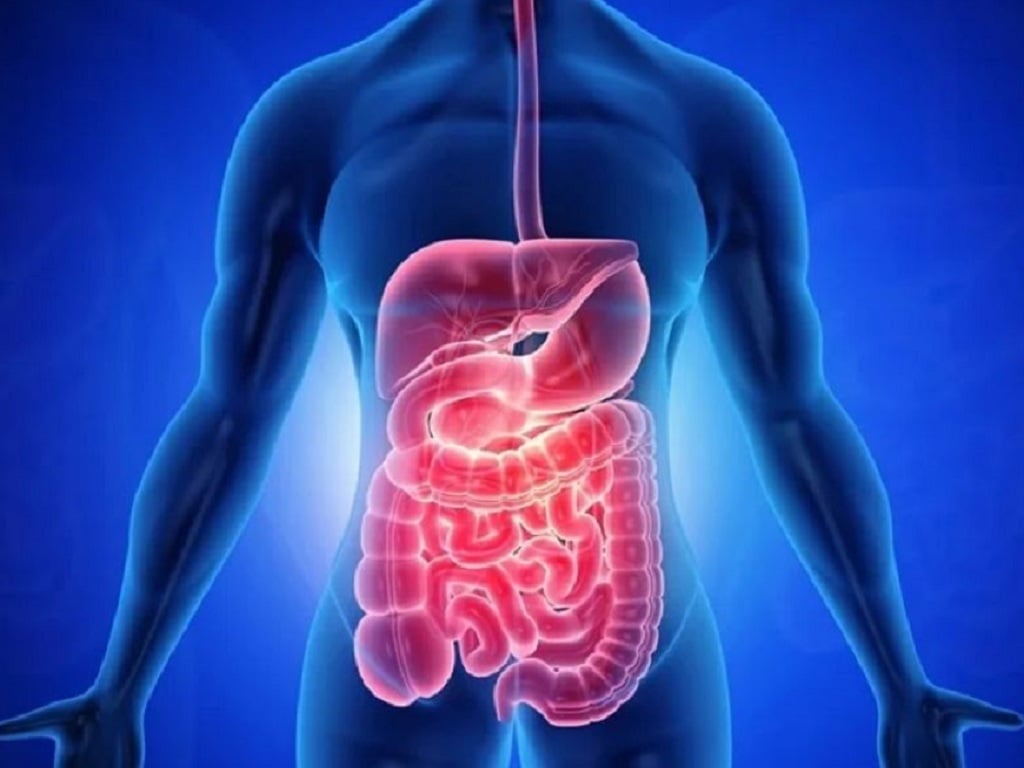Starting the day with health news, readers can also read more articles: What should you pay attention to when traveling in hot weather?; New research finds that each person's intestines and liver are completely different; New research finds that each person's intestines and liver are completely different...
5 Important Tips to Help Control Post-Holiday Cholesterol Spikes
Cholesterol spikes after long holidays are common for many people. So what can you do to avoid this?
A study published in the scientific journal Atherosclerosis warns that during the long holiday season, total cholesterol and bad LDL cholesterol levels often increase. Specifically, men can increase their total cholesterol levels by 4.6% and women can increase their triglycerides by 13.46% .

It's common for cholesterol levels to spike after the long holidays.
Here are some tips to help you enjoy the holidays while keeping your cholesterol levels in check.
1. Prioritize fruits and vegetables. These are the best foods to avoid high cholesterol during the holidays. Both foods are sources of antioxidants and fiber, which help control cholesterol levels.
Research published in the journal Nutrients suggests that a diet rich in fruits and vegetables may help lower cholesterol and protect the heart. The next part of this article will be published on the health page on April 30.
What should you pay attention to when traveling in hot weather?
Sunbathing is very good for your health because it helps your skin produce vitamin D. However, you only need to sunbathe for 5 to 10 minutes a day, and avoid going out in the sun at noon and in the afternoon. During hot summer days, people are likely to be exposed to a lot of sunlight, which can have negative effects on the skin.

Applying sunscreen and wearing a hat will help reduce the harmful effects of the sun while traveling.
Too much exposure to the sun can cause premature aging, damage DNA, and increase the risk of skin cancer. In the short term, too much exposure to the sun can cause skin darkening.
When traveling, the biggest risks from heat are sunburn and heatstroke. Sunburn is characterized by red, burning skin. Heatstroke is much worse, causing fever, chills, nausea, exhaustion, rashes, and cramps. To protect yourself from the heat while traveling, people can apply the following ways:
Use sunscreen regularly. Applying sunscreen with an SPF of 30 or higher will help protect your skin from UV rays, thereby reducing the risk of sunburn, skin aging or skin cancer. When using sunscreen, people need to pay attention to applying it evenly to areas that are exposed to the sun. The cream needs to be reapplied every hour. Readers can read more about this article on the health page on April 30 .
New research finds that each person's intestines and liver are completely different.
We are often reminded that each of us is unique and different. A new study shows that this is especially true for the intestines and liver. Scientists have discovered that the structure of the intestines and liver can be completely different from person to person.

Each person's intestinal structure can be very different.
Differences in gut and liver structure play a big role for doctors and patients. Currently, surgical procedures, medical treatments, and even diet and lifestyle recommendations are designed for people with average body mass indexes. However, each person’s digestive system can be different.
In the study, Associate Professor Erin McKenney and colleagues at North Carolina State University (USA) dissected and measured the intestines and livers of 45 people who donated their bodies to medical science after death. They discovered that some people had larger livers than normal, while their small and large intestines were longer.
Some organs are even in the wrong place. "I almost couldn't find one person's appendix because it was behind the cecum instead of in front," McKenney said. Start your day with health news to see more of this article!
Source link


























![[Photo] National Assembly Chairman attends the seminar "Building and operating an international financial center and recommendations for Vietnam"](https://vphoto.vietnam.vn/thumb/1200x675/vietnam/resource/IMAGE/2025/7/28/76393436936e457db31ec84433289f72)







































































Comment (0)